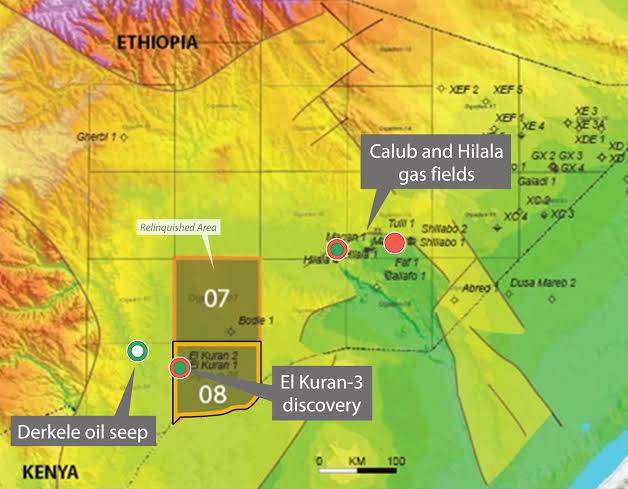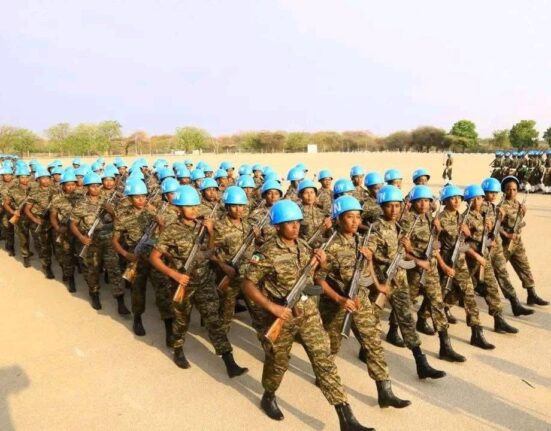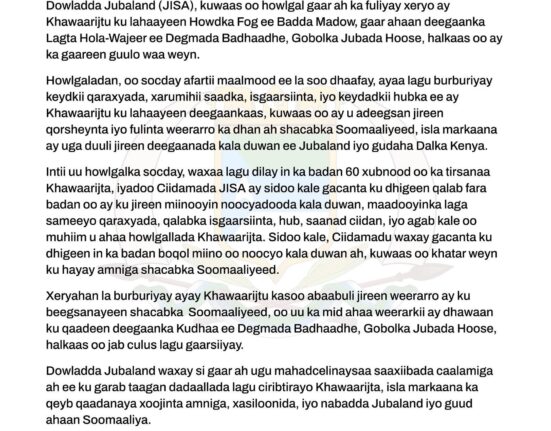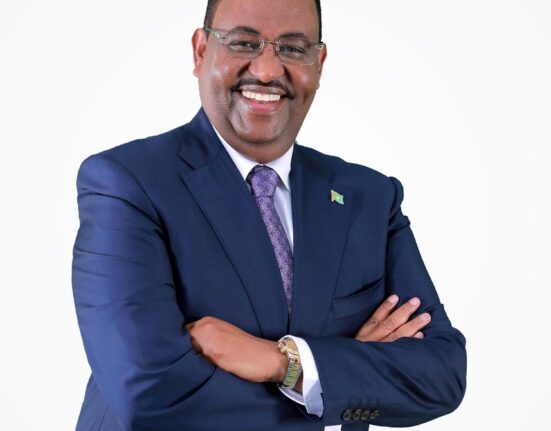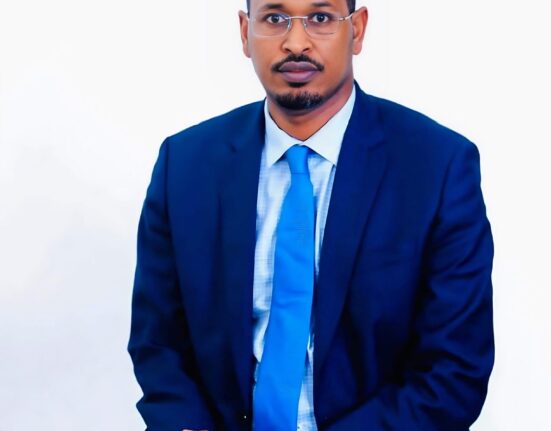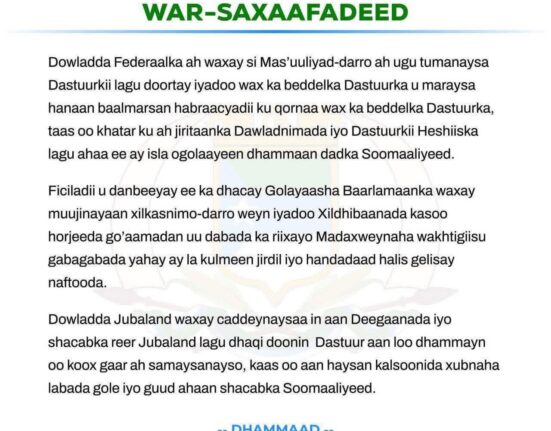By Mohamed Ali
In what appears to be a deliberate act of provocation, Somali Regional President Mustafe Omar, in collaboration with Finance Minister Ahmed Shide, is spearheading a dangerous political strategy that threatens the fragile peace and federal unity in Ethiopia’s Somali Region. Following Prime Minister Abiy Ahmed’s official declaration that the government will begin expropriating and utilizing the long-awaited Ogaden gas fields in Kalu and Elale within the coming months, Mustafe and his allies have launched an exclusionary campaign targeting key communities in the region—most notably the Bahgari and Abdile clans of Qorahay and Shabelle zones.
This calculated political move—marked by tribal favoritism, institutional exclusion, and the manipulation of administrative boundaries—has ignited widespread unrest and undermined the national vision of equitable resource development. While the federal government is taking decisive steps to unlock the immense potential of Ogaden gas for national development, the Somali Region leadership is engaging in policies that risk turning opportunity into conflict.
Systematic Exclusion of Key Communities
The most contentious act triggering this unrest is the nomination of new zones, city councils, and woredas by the regional government. These appointments were made without the participation, consent, or representation of several key clans, most notably the Bahgari and Abdile. This political maneuver is not merely a case of mismanagement or oversight—it is a deliberate exclusion of communities central to the gas-rich Jeexdin area, which sits at the heart of the Ogaden basin.
The Jeexdin zone, which has historically been marginalized despite its strategic importance, is now once again being sidelined in the very process that should have heralded its empowerment. The absence of Bahgari voices from newly structured local governments has been interpreted by many as a hostile signal that the benefits of upcoming gas projects will not be equitably shared. It is not only unjust—it is dangerous.
Destabilizing the Path to Resource Development
The Somali Region has long been a zone of strategic significance, not just for Ethiopia but for the entire Horn of Africa. For years, the people have lived in anticipation of a new era of prosperity driven by the extraction and responsible use of natural gas. The Prime Minister’s recent declaration raised hope across the region—hope that long-neglected communities would finally benefit from their own resources.
However, Mustafe Omar’s divisive and tribal-based politics now threaten to derail this national project. By alienating critical communities in Qorahay and Shabelle, and by sowing political discord among clans, the President and his inner circle are creating fertile ground for instability. Analysts and community elders are now voicing grave concerns that this exclusionary approach could lead to civil unrest, potentially endangering both the extraction process and regional security.
The federal government’s vision of resource-driven development cannot succeed if key stakeholders on the ground feel marginalized and betrayed. The Jeexdin zone, particularly its Bahgari residents, deserves not only recognition but full participation in decisions that affect their land, their resources, and their future.
A Call for Federal Intervention
The situation in the Somali Region requires immediate and strategic federal intervention. The actions of President Mustafe Omar and Finance Minister Ahmed Shide have crossed the line from political disagreement into active provocation. Their insistence on manipulating the regional political structure to benefit narrow clan interests at the expense of broader regional harmony and national progress must be checked.
The exclusion of Jeexdin from the new administrative framework is not merely a local issue—it is a national one. The gas fields in Ogaden are a key national asset, and any attempts to destabilize the region threaten not only economic prospects but the stability of Ethiopia as a whole.
Conclusion: Unity or Unrest
At this critical moment, the Somali Region stands at a crossroads. It can either rise as a beacon of equitable development and inclusive governance—or it can descend into yet another cycle of conflict, mistrust, and marginalization.
The federal government must act swiftly to ensure justice for the Bahgari and Abdile communities. It must hold regional leaders accountable for decisions that jeopardize national interests. And it must send a clear message: Ethiopia’s future cannot be built on tribal favoritism, exclusion, and political short-sightedness.
Let this be the turning point—not a trigger for conflict, but a catalyst for fairness, unity, and shared prosperity. The people of Jeexdin, Qorahay, and Shabelle deserve no less.


